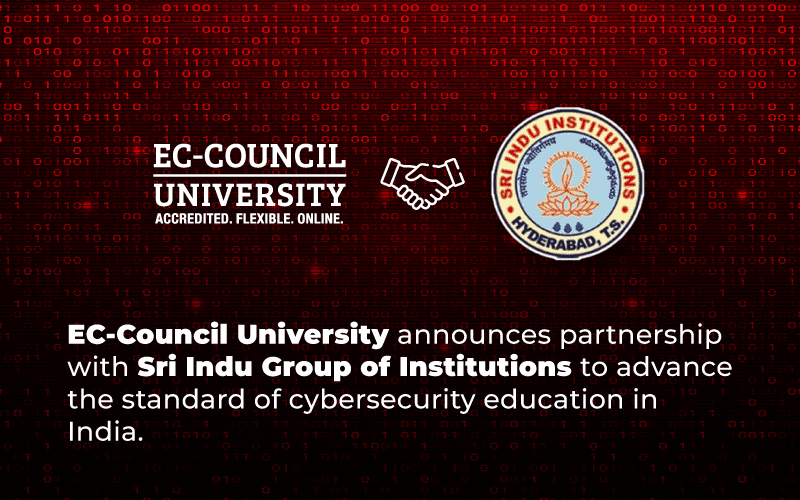In today’s digital age, the significance of cybersecurity has never been more evident. As cyber threats continue to increase, the demand for cybersecurity professionals, including cybersecurity engineers, is rising. If you’re interested in a career that protects organizations from cyber threats and safeguarding their sensitive data, becoming a cybersecurity engineer might be the right path for you. This blog explores the key responsibilities, details, skills, and steps to become a successful cybersecurity engineer.
What is a Cybersecurity Engineer?
A cybersecurity engineer is responsible for designing, implementing, and managing security measures to protect an organization’s digital assets, systems, and networks. They are on the front lines of defense against cyber threats, working to ensure that data is secure, privacy is maintained, and vulnerabilities are minimized.
Key Responsibilities
As a cybersecurity engineer, you’ll have a range of responsibilities, including:
- Vulnerability Assessment: Identifying weaknesses and vulnerabilities in systems and networks.
- Security Architecture: Designing and implementing security systems and measures.
- Incident Response: Developing strategies to handle and mitigate security incidents.
- Security Monitoring: Continuously monitoring for potential threats and attacks.
- Security Policies: Creating and enforcing security policies and best practices.
- Compliance: Providing compliance with industry norms and regulations.
- Education and Training:Providing education and training to employees about cybersecurity best practices.
Necessary Skills Required to Become a Cybersecurity Engineer
To excel in this field, you’ll need specific skills and knowledge. These include the following.
1. Technical Expertise
One of the cornerstones of a successful cybersecurity engineer is a deep understanding of technical aspects. You should have:
- Proficiency in networking:Understand how data flows within networks, how to configure network devices securely, and how to identify and mitigate network vulnerabilities.
- Operating Systems Knowledge:A strong grasp of different operating systems, especially their security features and vulnerabilities.
- Cybersecurity Tools: Familiarity with various cybersecurity tools and software, including firewalls, intrusion detection systems, and antivirus software.
- Programming Proficiency: Knowledge of programming languages like Python, C, or Java can be valuable for automating security processes and understanding vulnerabilities in code.
- Encryption Techniques: Understanding encryption techniques and protocols is essential for protecting data in transit and at rest.
2. Problem-Solving
Cybersecurity engineers are often faced with complex, ever-evolving threats. Therefore, strong problem-solving skills are vital. You must have:
- Analytical Skills: Examining data and systems to identify potential vulnerabilities or intrusions.
- Critical Thinking: The capacity to think critically to respond to complex threats and design security solutions.
- Innovative Solutions: The creativity to develop innovative security solutions and strategies.
3. Communication
Effective communication is crucial for cybersecurity engineers to convey security concepts to non-technical stakeholders and to collaborate with other IT and security professionals. This includes:
- Clear Communication: The ability to communicate complex technical concepts clearly and understandably.
- Interpersonal Skills:Building and maintaining effective working relationships with colleagues, management, and third-party vendors.
4. Attention to Detail
Cyber threats often hide in the most minor details. A sharp eye for detail is essential for spotting vulnerabilities and anomalies in systems and networks.
5. Continuous Learning
The cybersecurity landscape is constantly evolving. A commitment to ongoing learning and staying up to date with the latest threats and resolutions is essential. Key areas to focus on include:
- Industry Regulations:Staying informed about relevant regulations and standards in your field.
- Emerging Threats:Constantly researching and learning about the latest threats and attack methods.
- Professional Certifications: Consider obtaining industry-recognized certifications to validate your cybersecurity engineer skills and knowledge. Certifications like the Certified Ethical Hacker (C|EH) are highly regarded.
Steps to Becoming a Cybersecurity Engineer
- Educational Background: Start by obtaining a bachelor’s degree in a suitable area such as Computer Science, Information Technology, or Cybersecurity. Many employers also seek certifications like Certified Ethical Hacker (C|EH), Computer Hacking Forensic Investigator (C|HFI), Certified Network Defender (C|ND), Computer Hacking Forensic Investigator (C|HFI), and more.
- Gain Experience: Entry-level positions like security analyst or network administrator can help you build your experience in the field. Look for internships or entry-level jobs to get your foot in the door.
- Specialization: Consider specializing in a distinctive area of cybersecurity, such as network security, cloud security, or ethical hacking. This can open up more career opportunities.
- Networking: Attend cybersecurity conferences, join professional organizations, and connect with skilled professionals to expand your web and stay updated on industry trends.
- Stay Informed: Cyber threats are constantly evolving. Constantly familiarize yourself and stay informed about the latest cybersecurity developments.
Becoming a cybersecurity engineer is a rewarding career choice. The demand for skilled professionals is high, and their work is crucial to safeguarding sensitive information and digital assets. Start your journey today and make a difference in the world of cybersecurity.








